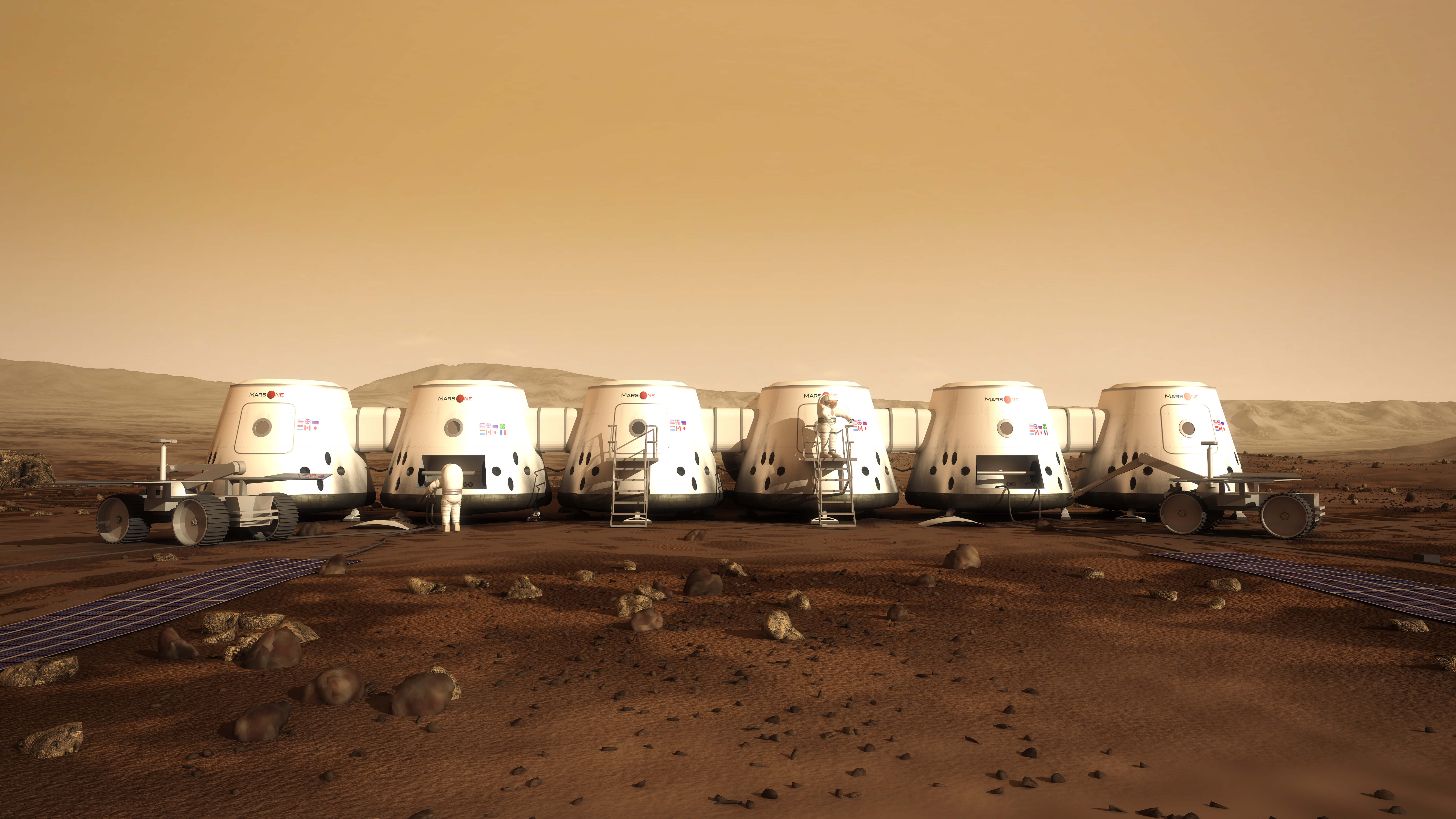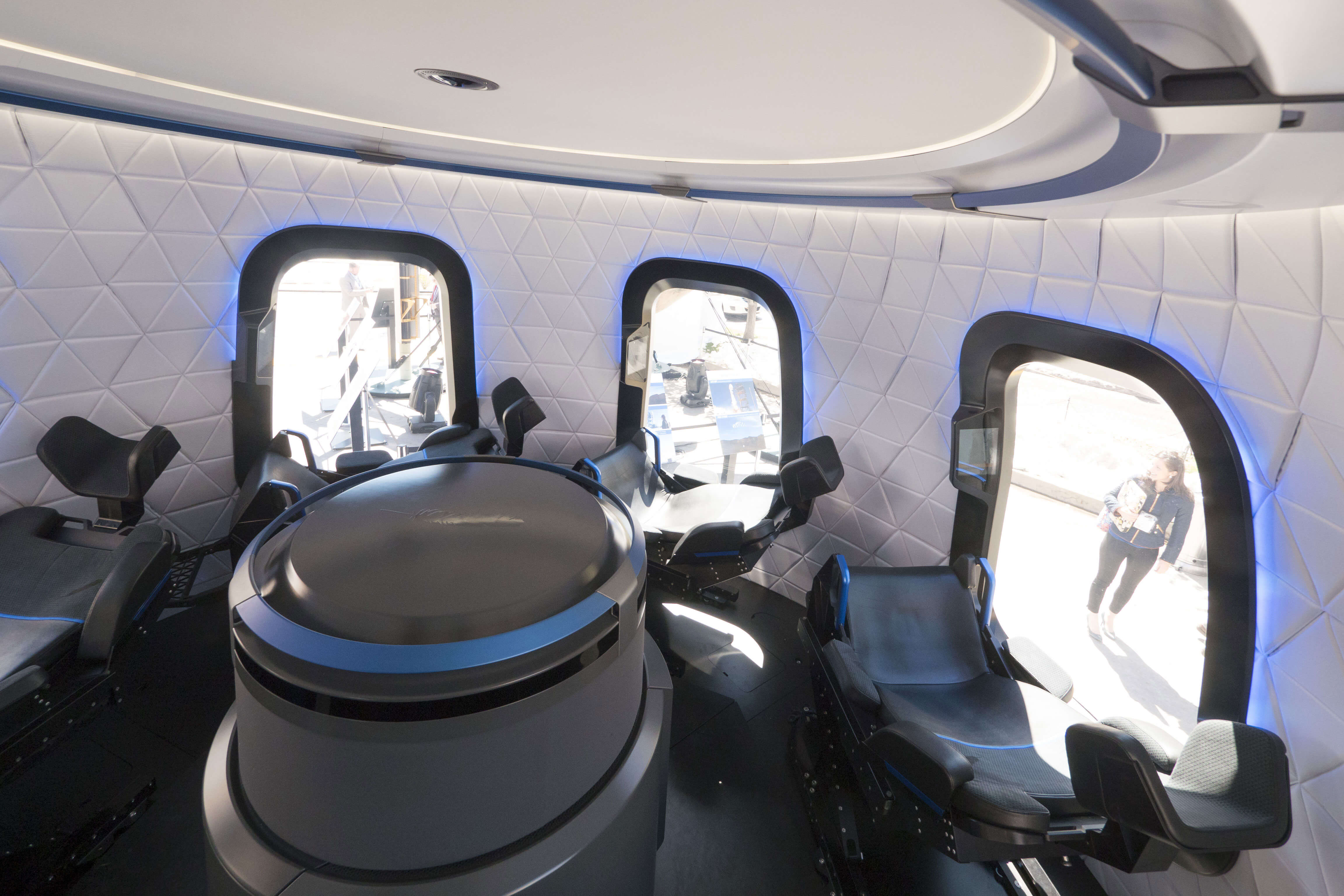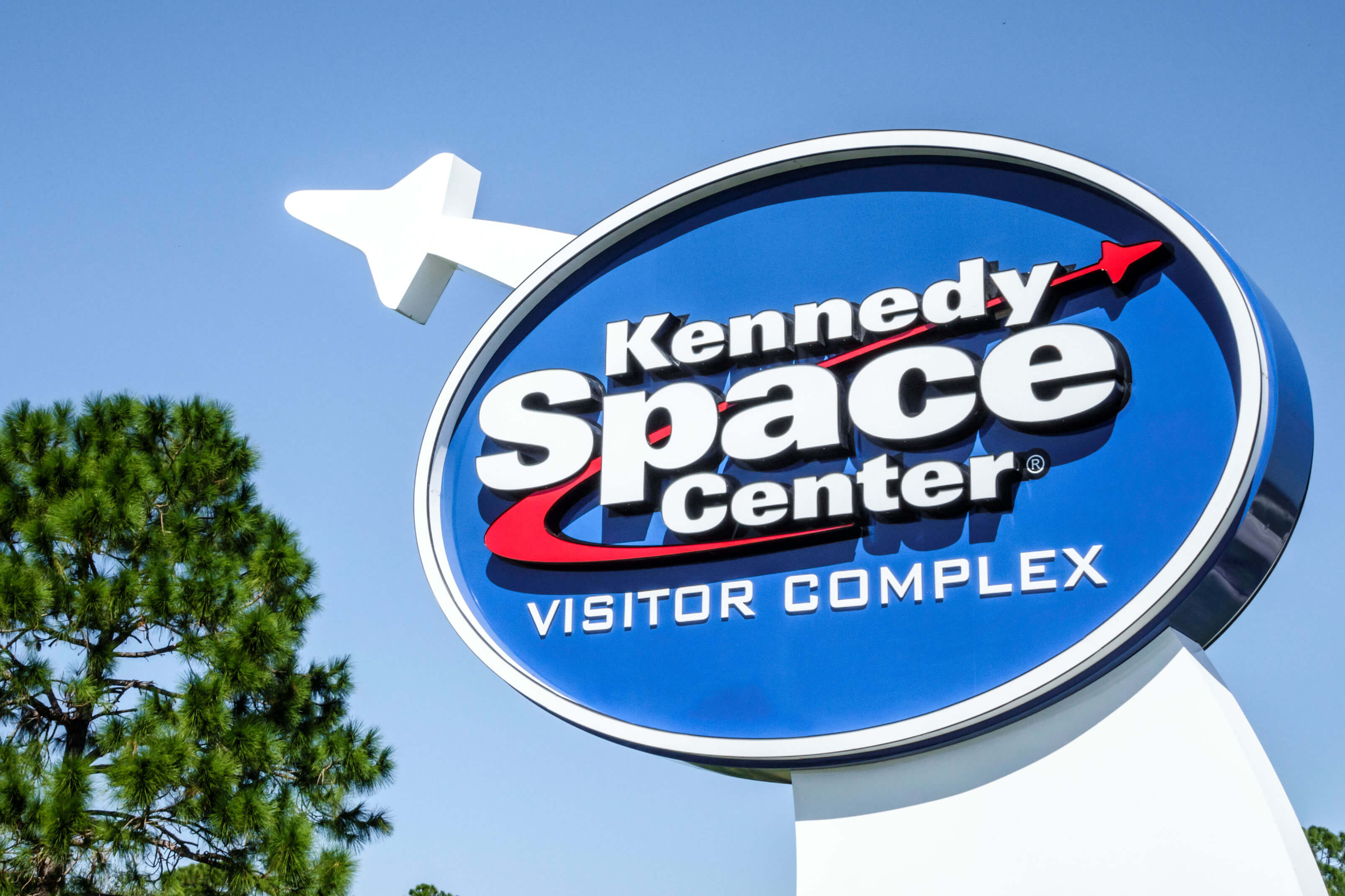From one-way journeys to Mars with Elon Musk and Dutch company Mars One, to an astronaut training experience at the Kennedy Space Centre in Florida, space tourism is seriously taking off, says Jenny Southan
Over the next few months, Richard Branson is undertaking astronaut training to prepare himself for the inaugural Virgin Galactic flight into space, which is expected to take place this year after considerable delays. If he manages to survive the arduous fitness and centrifuge preparation on terra firma, he will soon be one of Earth’s first cosmic tourists as he joins a group of excited ticket holders (each of whom have paid US $250,000) taking off from Spaceport America in the New Mexico desert.
The Virgin boss isn’t the only entrepreneur attempting to give members of the public a chance to experience what only 500 or so professional astronauts have so far achieved in the history of humanity. Last year, Elon Musk, founder of Space X and Tesla cars, announced he was planning to send two mystery citizens on a week-long voyage around the Moon and back before the end of 2018.
Amazon founder Jeff Bezos has also launched his own commercial spaceline called Blue Origin, and recently shared his vision of setting up a “lunar village”, as well as a colony of off-world workers living in space. In May he told reporters: “Today, we must go back to the Moon, and this time to stay.” Although ticket prices aboard Blue Origin’s New Shepherd craft have not yet been revealed, the suborbital vehicle has already completed a number of successful test flights.
So far, only one company seems set on actually taking non-professional cosmonauts to the Moon itself, and that is privately held US company Moon Express. It says it wants to deliver “low cost frequent opportunities for democratised lunar exploration by scientists, researchers, students and everyday people”. Adding: “Our goal is to open the lunar frontier for all of us, ultimately expanding Earth’s economic and social spheres to our eighth continent.”
Ambitions don’t end there – both Elon Musk and Dutch company Mars One want to take adventurers further still, with trips to the Red Planet. By 2032, the latter is hoping to have recruited enough volunteers to embark on a one-way journey to Mars to set up a permanent human settlement (main image). Just like in the film The Martian, they will have to compete with hostile desert storms, construct shelters, learn how to grow vegetables and generate water. Down the line, Space X believes there could be entire cities established out there, with the opportunity for family and friends to visit.
For a taste of what it’s like aboard the International Space Station, without having to put aside your life savings (or risk your wellbeing), you can check into the windowless Space Suite at the Kameha Grand hotel in Zurich, which features an “anti-gravity bed”, silver interiors and a freestanding TV with a library of science fiction movies. In the future, you may be able to check into a real space hotel, as US space tech startup Orion Span begins work on the Aurora Station that will orbit our planet every 90 minutes. You’ll need to fork out about $9.5 million for a 12-day stay though.
Over in Florida, the Kennedy Space Centre has unveiled a new Astronaut Training Experience whereby individuals can sign up for simulations of what it would be like to live and work on Mars. Activities include spacewalk preparation, using robots to clear debris and virtual reality exploration. For those seeking a serious adrenalin rush, zero-gravity flights offered by the likes of Zero Gravity Corporation will give you a few moments of floating in thin air. After boarding a plane that rises to about 33,000ft, the aircraft then deliberately goes into a dive (known as a “parabolic manoeuvre”) creating 20-30 seconds of weightlessness inside the cabin. Tickets cost about $5,000, which is much cheaper than a seat on Virgin Galactic but you still may want to skip breakfast.
Main image courtesy of Mars One and Bryan Versteeg. Images courtesy of Getty Images.






